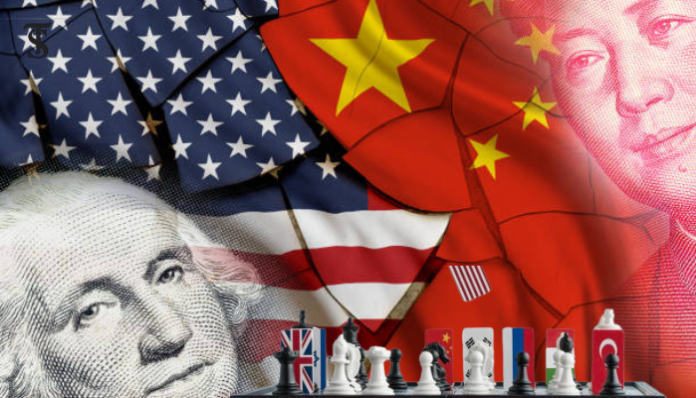China-US relations, arguably the most consequential bilateral relationship of the 21st century, stand at a pivotal juncture. The two global powers—one a long-established superpower and the other a rapidly ascending force—are engaged in a complex web of competition, cooperation, and confrontation. From trade and technology to regional security and climate change, the dynamics between Beijing and Washington carry profound implications for global peace, economic stability, and the emerging world order.
Recent years have witnessed a marked deterioration in relations. The trade war initiated during the Trump administration, continued tensions over Taiwan, and a growing race for technological supremacy have defined a new era of strategic rivalry. The Biden administration, while restoring some diplomatic channels, has largely retained a tough posture on China, particularly in matters of national security and economic independence.
Yet, despite the increasing friction, both sides are keenly aware that complete decoupling is neither practical nor desirable. China and the US are deeply integrated in global supply chains, financial markets, and climate negotiations. The world’s two largest economies remain interdependent to a degree that demands a calibrated approach rather than one driven by ideology or reactionary politics.
Taiwan remains the most sensitive flashpoint. For China, it is a non-negotiable issue of sovereignty. For the US, it’s a cornerstone of its Indo-Pacific strategy. Missteps or miscalculations in this arena could trigger conflict with global consequences. Hence, restraint and clarity in communication are essential. Washington must avoid provocations that are symbolic but strategically damaging, while Beijing must manage nationalist impulses and reassure the region of its peaceful intentions.
Economic competition, too, must be managed with foresight. While safeguarding national interests is valid, weaponizing trade or technology risks dividing the global economy into rival blocs—undermining innovation, growth, and cooperation. Instead of punitive tariffs and blacklists, both nations should work toward fair trade norms and transparent rules that benefit global stability.
On the flip side, areas like climate change, counter-terrorism, global health, and AI governance offer opportunities for cooperation. The US and China share responsibility as global stakeholders and must lead by example. Multilateral forums like the G20, APEC, and the UN can serve as platforms to nurture cooperation while maintaining healthy competition.
The international community, especially emerging economies, has no appetite for a new Cold War. They seek a world where China and the US compete but also collaborate—respecting sovereignty, economic independence, and the rules-based order.
In this evolving multipolar world, China and the US must act not as rivals trapped in zero-sum calculations, but as mature powers charting a sustainable path forward. The stakes are simply too high for anything less.

















